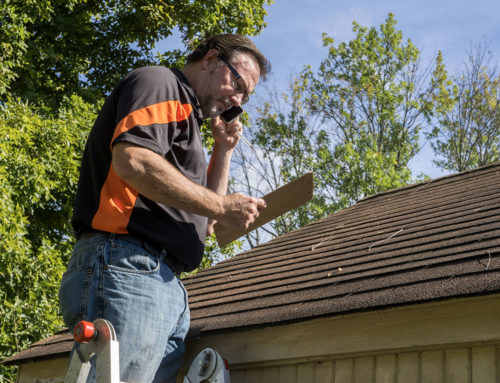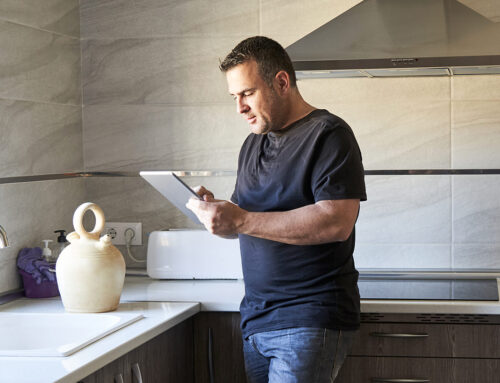Top 10 traits of a great home inspector
One of the most important steps when buying a home is to have it inspected. The inspection can reveal problems as well as give the buyer peace of mind. Here are 10 attributes a prospective homebuyer should seek in a home inspector.
1. Thoroughness: According to home inspector Timothy Ebert of At Home Inspections, which serves suburban Chicago, a good question to ask is: How long will the inspection take? “If they proudly say they will be out of there in an hour or less, you might want to hang up,” Ebert said. On the other hand, a home inspector who questions a prospective buyer about the property to figure out how long to allow for the inspection probably is someone to consider.
2. Willingness to let the client attend the inspection: It is important the customer be allowed to come to the inspection. This gives the inspector an opportunity to make sure the client knows everything that is relevant about the home.
3. Ability to provide a useful report: When the inspection is over, the customer typically receives a report detailing any problems. Rather than basing one’s opinion of an inspector on the length of the report, Ebert suggests looking at how the report is written. “Reports can be very long and very detailed (or not),” he said. “Long and detailed is not a bad thing, but is there a summary? Are there photos? Is the format easy to read? Personally, if I were the customer, I would expect all three.”
4. Proper credentials: A customer should make sure to ask whether the home inspector is licensed in that state. Prospective homebuyers also should check to see whether the inspector belongs to a national organization, such as the American Society of Home Inspectors, which requires a minimum of 250 inspections to certify an inspector.
5. Experience: Although experience alone does not guarantee a quality inspection, it can be a way to weed out someone who does not do home inspections full time.
6. Excellent customer service: Ebert said asking questions is the best way to find out whether a home inspector has the customer’s best interests in mind. The inspector should be responsive to a customer’s questions, explain the issues in detail and use words the customer can understand.
7. Good reviews: A prospective homebuyer can ask his Realtor to recommend a home inspector, but the most reliable recommendations often come from previous customers who have worked with an inspector. Check with friends who recently have bought homes.
8. Insurance: The customer should make sure the home inspector is insured. Without insurance, if the home inspector is injured during the inspection, the homeowner could get sued, said Stephen Gladstone, a Connecticut home inspector and author of “The Field Guide to Home Inspections” in a recent U.S. News & World report story.
In addition, the inspector should carry Professional Liability Insurance that will cover the home inspector in case they miss something on an inspection and are brought into a lawsuit because of negligence.
9. Proper equipment: Modern equipment can include electrical circuit analyzers, electronic carbon monoxide and fuel gas analyzers, digital moisture meters and digital cameras to document findings, according to an online article published by DSP Structural Consultants of Rochester, Minn.
10. Knows his limitations: A good home inspector knows when to suggest another professional. For example, there are no standards of practice that require home inspectors to go onto a roof to inspect it. It is recommended only if it is safe to do so and won’t damage the roof covering. If it is unsafe or not accessible by a 17’ ladder, the inspector should suggest the client hire a roofing company to check the exterior roof, making sure to properly document in their report how they viewed the roof and if recommended a professional.
What other traits make a great home inspector? Let us know in the comments below.





